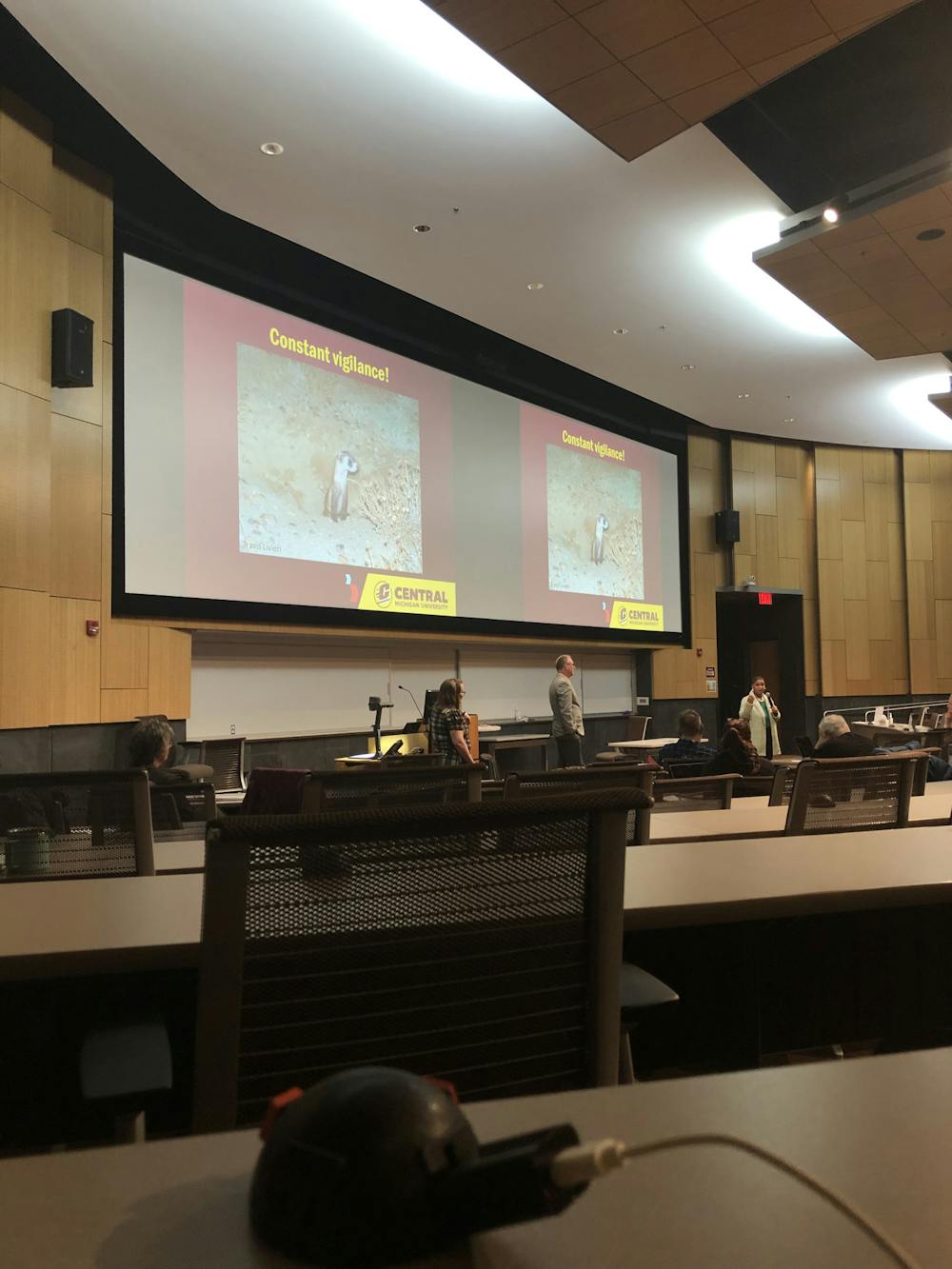Academic integrity a key discussion point in Academic Senate meeting
Dr. Renee Watson, Dr. Erica Johnson and Dr. Brad Swanson present the issue of Academic Integrity
This afternoon in the French Auditorium, Dr. Renee Watson and Dr. Erica Johnson presented to the Academic Senate the imminent issue of academic integrity. Dr. Brad Swanson also had a separate presentation about the same matter.
Watson and Johnson are vice president and associate vice president of the Division Student Affairs, respectively. They introduced the notion of using an academic integrity seminar for students who have been reported for violating said policies.
The seminar will cost $105 to use and Watson said that it’s the cost from the vendor and their side did not choose the price but will simply provide the link.
They said that most of these violations come from a few reasons:
- Stress
- Poor time management
- Misunderstanding policy
- Trying to get away with it
If implemented, students who violate the academic integrity policy would either be required or recommended to take a seminar that would take five to fifteen hours to complete.
Although the program is not implemented yet, some groups, like the Student Government Association (SGA), have already tested them and have their own opinions.
“I have cabinet members and I’ve heard from them on their experience, and it does kind of lean towards the fifteen hours, rather than five hours,” Senator and SGA President Tyler Zimmerman said.
This seminar would go over what academic integrity is and why it matters, personally and academically, Johnson said . “(The students) can have assistance from a personalized evaluation tutor. We can better understand where they might need some need for education.”
Watson and Johnson’s goal is to decrease all of the violations, but mainly the second and third times. In the fall 2023 semester there were:
- 103 first time violations
- twelve second time violations
- only two third time violations.
Watson said they may put the program inside of their First Year Experience course to get student feedback.
But most of the students caught cheating aren't undergraduates. Out of the 117 reports from the recent fall semester, 94 of the violations were from graduate students.
The total is increasing year-to-year, and for the 2023-24 academic year, Watson said the university is on pace for 234 violations.
- In the 2022-23 school year: 191 reports
- In the 2021-22 academic year: 68 reports
Swanson had a much more specific presentation, focusing on plagiarism, copyright issues, theses and dissertations for graduate students.
“One in four theses or dissertations are having to be sent back to the student because of plagiarism or copyright violations,” he said. “It is a relatively significant problem."







